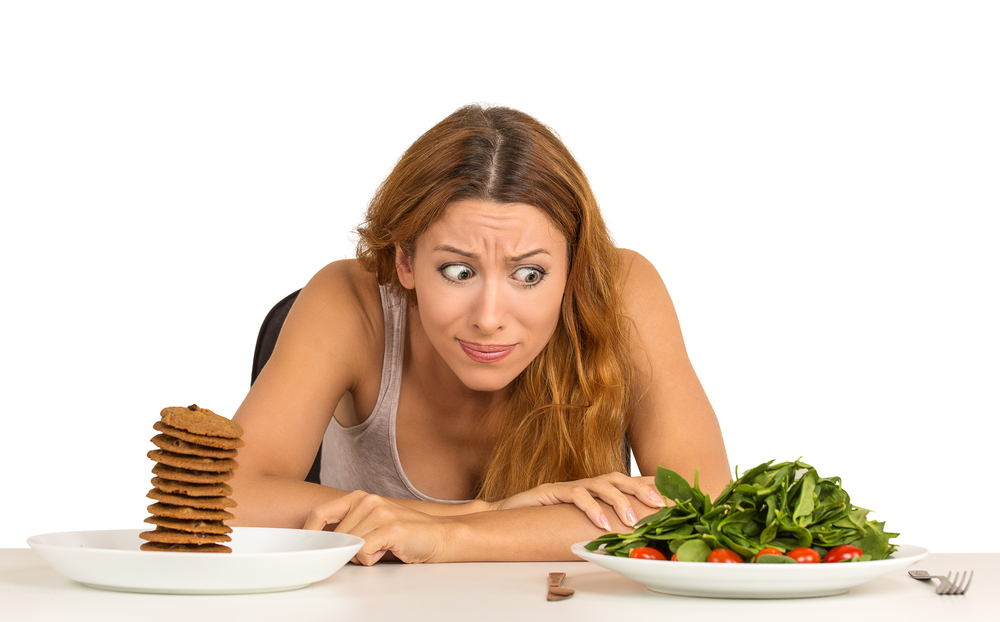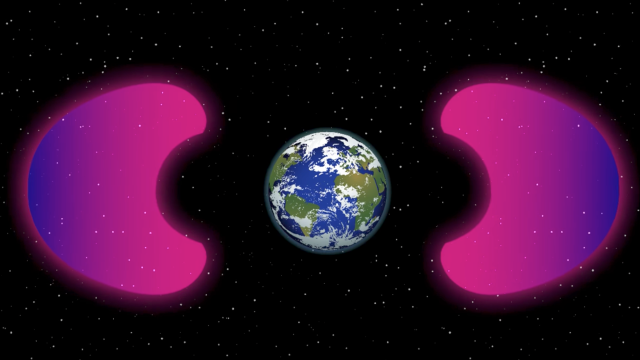Gluten-Free: Credible Science or Eating Disorder?

Food is confusing. Or rather, nutrition is confusing. Better put: nutrition science is confusing because much of it is pseudoscience and science-y. And so cults are formed around science-y food movements, such as superfoods, antioxidants, and of course, gluten-free.
Last week NY Times Magazine contributor Molly Young interviewed one of the holistic food movement’s darlings du jour, Amanda Chantal Bacon, who peddles minute quantities of herbs as digestive boosts and libido enhancers at exorbitant prices. Calling something sacred can cause millennia-long wars in Middle Eastern countries or clean out your wallet in a flash, the latter being the choice of the yoga-dazed and non-skeptical.
Young’s comparison of the ‘conscious’ food movement’s unquestioned devotion to Tibetan berries (mostly grown in China, but hey, who wants to upset the dreamy creation mythology) and nutritional purity to right-leaning conspiracy hucksters like Alex Jones is the type of slap the nutritionally challenged needs:
What unifies the two is the subtext of their pitches — a seeming conviction that widespread forces are acting on benighted consumers, who can thwart harm only by venturing to the fringes and buying non-F.D.A. approved supplements with which to purify themselves. For Jones, the treachery comes in the form of fluoridated water and chemtrails. For Bacon, it’s Western medicine and the standard American diet.
Both mindsets are the consequence of excess. For most of history humans spent hours securing and cooking food. Getting by was the goal. The ravages occurring inside of our intestines and brains these days come from too many choices—and too many bad choices—not from the actual churning of hunger. The time we save is time spent obsessing over the wrong things.
Which makes many of our neuroses around food orthorexia, an unhealthy obsession with certain foods being key to maintaining inner purity. Animals are toxic. Wheat is toxic. Non-alkalized water is toxic. The deeper you dive into this eating disorder the fewer foods you can eat.
The gluten-free fad is a minor but growing and economically prosperous orthorexia—minor in that cutting grains may have some adverse effects though it is possible to live a gluten-free existence without too many problems. But as James Hamblin writes in the Atlantic about a recent study on gluten and potential cardiovascular problems,
In fact, not only does gluten not cause heart disease in the general population, but people who go gluten-freeseem to actually be putting themselves at an increased risk of heart disease, insofar as it means eating fewer whole grains.
Hamblin was initially surprised that such a study need exist, though by the end a concession is made: some professionals believe science has a duty to test popular thinking regardless of how ridiculous it seems on its face. If a large number of humans are going to experiment with their plates than at the very least such ideas should be treated seriously, whether or not believers will change their tune.
Which is a good thing. I too am skeptical of the overconsumption of products containing gluten, which I wrote about earlier this year. When I posted Hamblin’s article on social media a number of people commented about longstanding symptoms clearing up when giving up gluten. But is gluten really the culprit?
In Cooked, Michael Pollan writes about how floor managers would force their workers to eat white instead of brown bread because the latter contains more fiber, which means more bathroom breaks. In the short run this is a pragmatic, utilitarian business decision. But over time much suffering could have been avoided. The problem is foods trend; during that era white flour was all the rage.
Pollan believes it is not gluten but time that is the problem: commercial yeasts leaven bread so rapidly that phytic acid is not properly broken down. Gluten becomes more digestible with longer fermentation; time frees up minerals while our body’s absorption of starch becomes manageable. Perhaps it’s not gluten itself but how we prepare the grains we eat that’s the real problem. This nuanced view requires patience, however, a skill we seem to be losing more and more as we become busier and busier.
There is the real problem of celiac disease, which was the only time Hamblin even heard the word gluten mentioned in all of his years of medical training. That was only a decade ago, mind you. Still, some people cannot tolerate gluten. For others dosage matters, but isn’t that the case with everything? Just because daily bread might not be a good idea we should not mistranslate the advice as no bread.
Humans are suspicious animals by nature. Changing our mind is as challenging as changing our eating habits. As the Timesreported over the weekend, this probably goes beyond confirmation bias. We are not only biased by prior beliefs but toward desirable evidence as well. It appears that we will change our minds if the data lean in a direction we desire, which is as dangerous in nutrition as it is in politics.
The gluten-free craze shows no signs of slowing. It reminds me of an online petition I recently spotted that would force a major pizza chain to offer vegan cheese because real cheese “isn’t fair” to them. Their purity, I suppose, is being compromised by these devilish foodstuff purveyors; apparently they’re better off loading up on tapioca flour, titanium dioxide, xanthan gum, and artificial colorings. Thus more industries are being born every day catering to our nutritional neuroses, which proves to be one of the most profitable businesses around.
—
Derek’s next book, Whole Motion: Training Your Brain and Body For Optimal Health, will be published on 7/17 by Carrel/Skyhorse Publishing. He is based in Los Angeles. Stay in touch on Facebook and Twitter.





